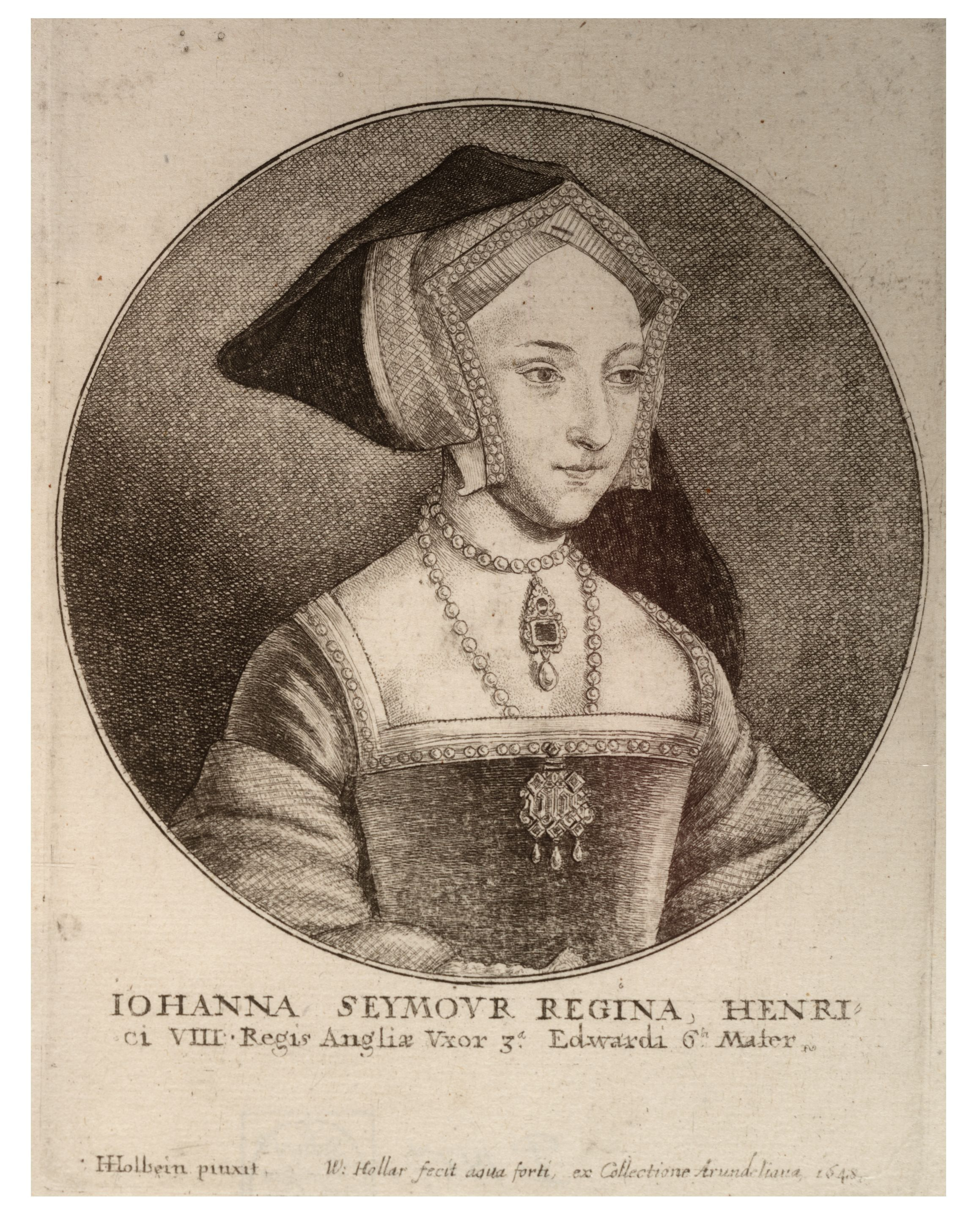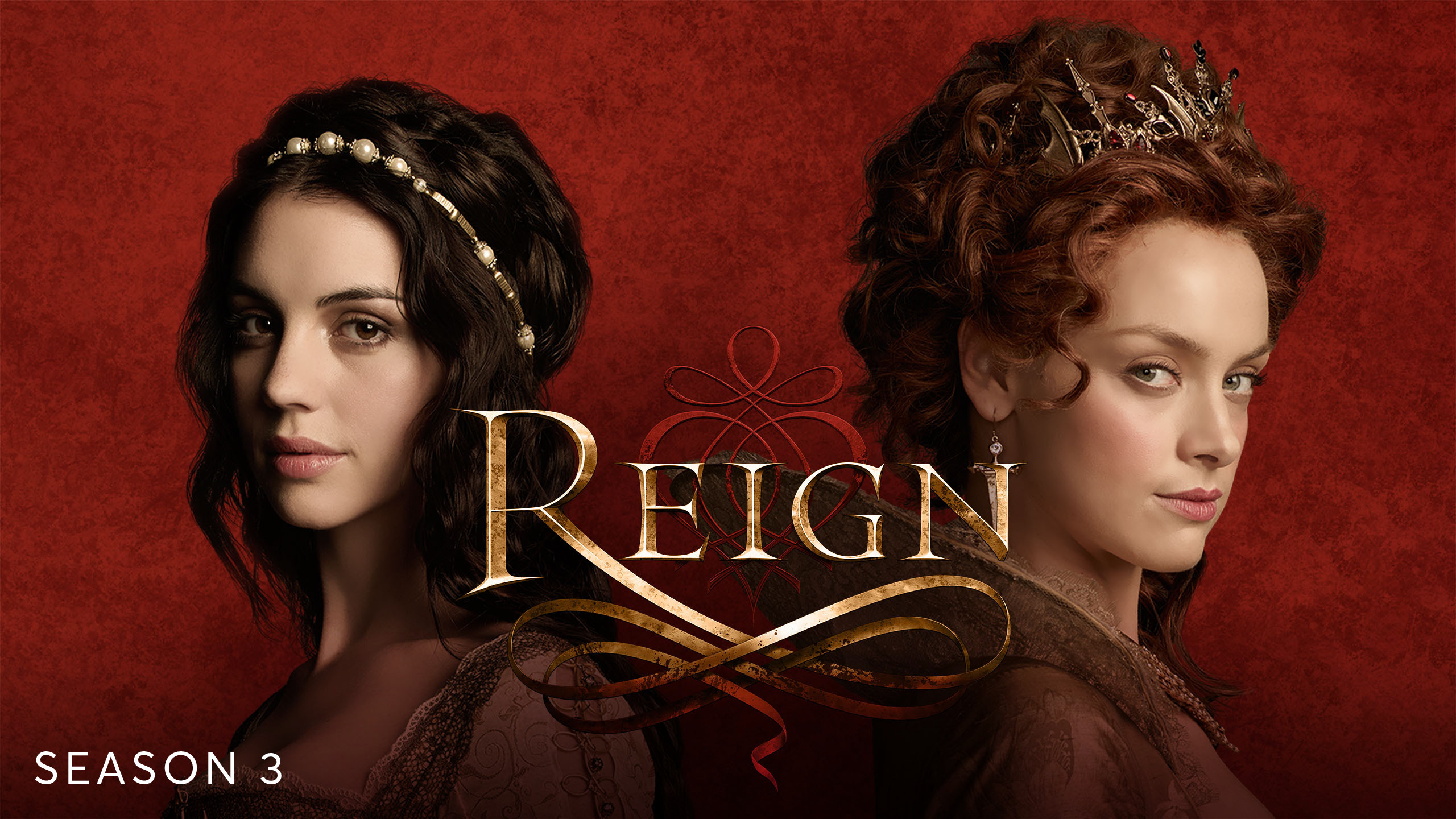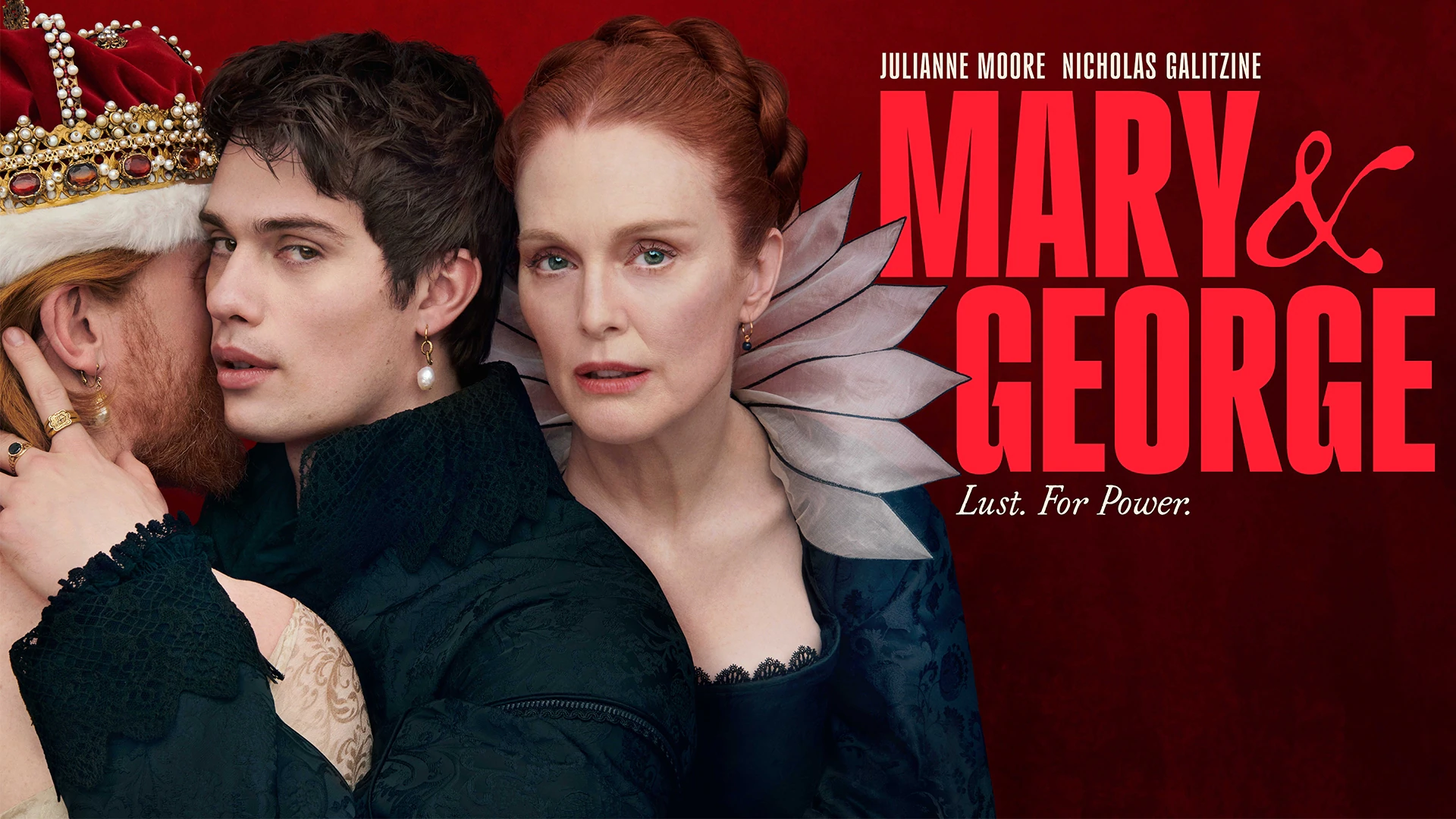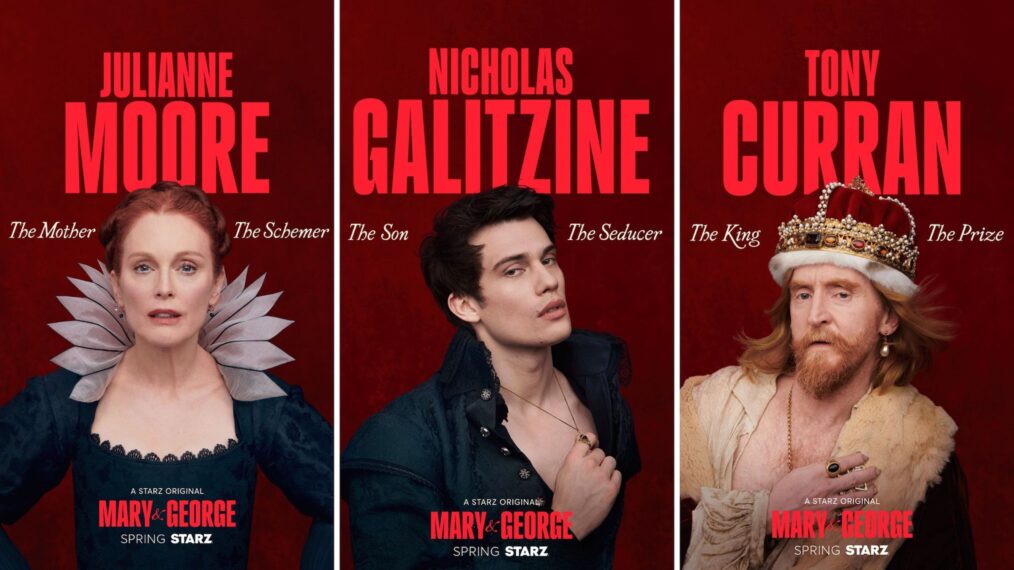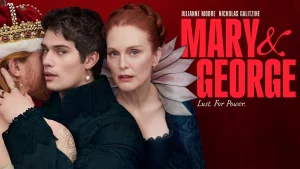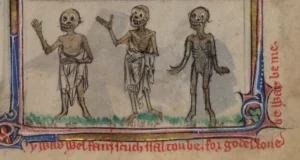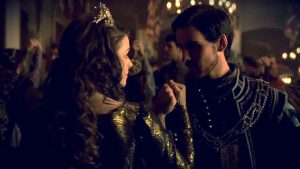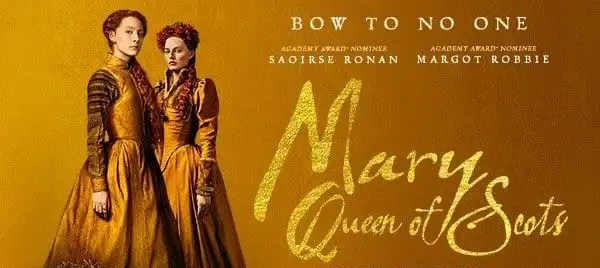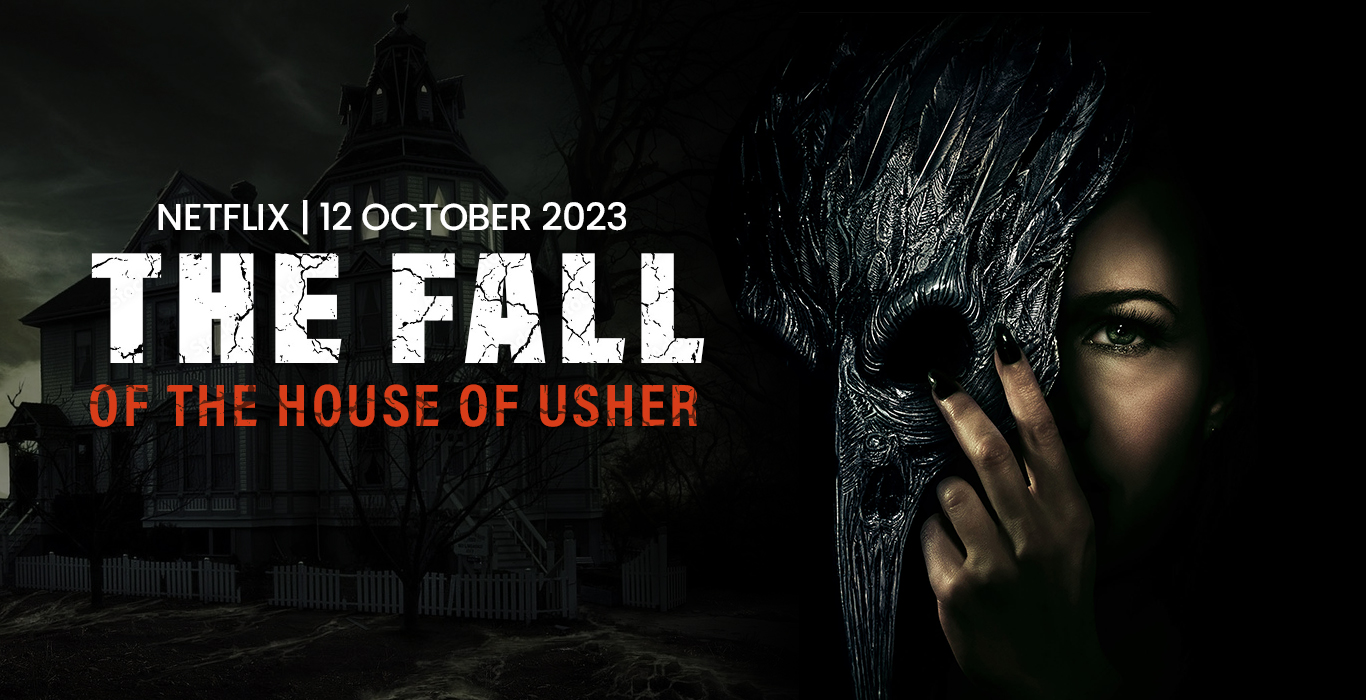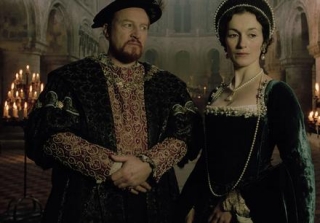
Recently I watched The Last Days of Anne Boleyn, part of the BBC Tudor season. It is a documentary but also a debate between historians and authors of historical fiction, trying to piece together what happened to cause Anne Boleyn’s downfall and the events of her last days. While looking at the hows, whys and whats of this event, those who appear never actually speak to each other. The result was interesting, though what was most fascinating to me was the utter relegation of Jane Seymour as a non entity during Anne’s fall from favour.
The documentary mentions the famous moment when she returned Henry’s letter unopened with his gift of money, dismissing her as a ‘passing fancy’, that is it. She is not mentioned again, nor are any of the commentators invited to comment on her role or position. Comment would have been intriguing given that at least two of the historians present have publications casting Jane as partly responsible for her predecessor’s downfall. David Starkey describes her as Henry’s ‘Queen in waiting‘ (The Six Wives: The Queens of Henry VIII: 2003) while Alison Weir claims that Henry’s ‘affair with Jane was well established, and Anne had become so violently jealous that the royal couple were barely communicating.’ (The Lady in the Tower: 2009) These do not give the impression that she was a forgettable flight of fancy on Henry’s part. My own research leads me to believe that Jane, while not a major player for the throne in her own right was a polarising force for the pro Catholic/Mary/Katherine elements at court hoping to overthrow Anne. She was on some level involved with a faction headed by Nicholas Carew and had some support from Thomas Cromwell, evidenced by his giving up of his private apartments to her. This support, I feel, would not have been given had there been no possibility of her becoming queen.
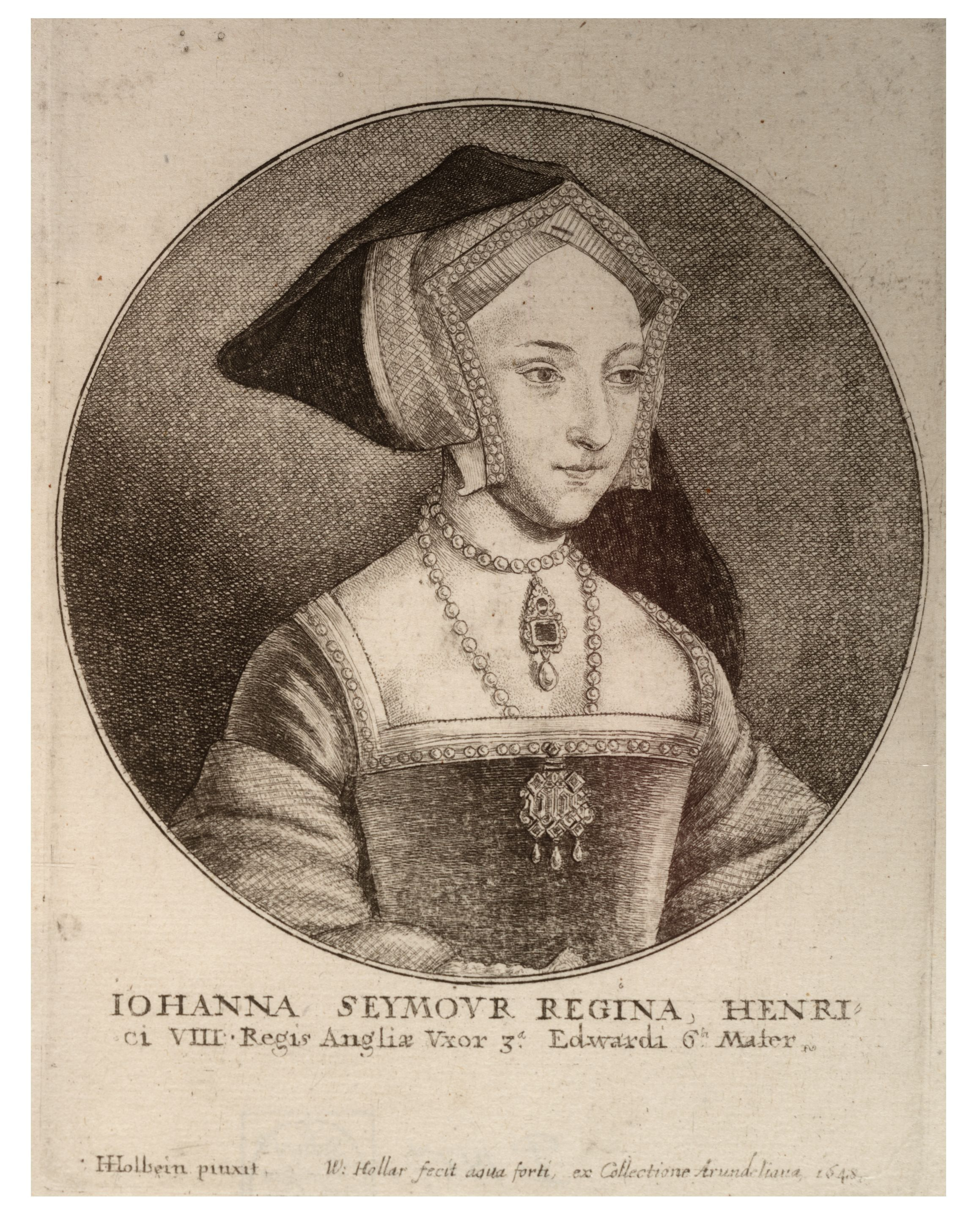
After watching this documentary, I watched a few Tudor films and was actually surprised to note that how little Jane features as an instrument of Anne’s demise. I had genuinely not noticed that she has such a minor role. Anne’s downfall is usually attributed to her miscarriage of 1536, with Jane established as Henry’s ‘mistress’ (inasmuch as Anne herself was), ready to take her place. The miscarriage is easier, on film at least, to portray than the complex political manoeuvrings on the part of the court factions that followed it historically. Time is usually compressed so that the months between Anne’s miscarriage and her execution seem like weeks, with Anne often recovering and moving straight to her trial. The charges of adultery are shown to be an excuse for the king to rid himself of a barren wife in favour of Jane Seymour. Jane is a convenient choice of wife rather than an active factor in Anne’s downfall. She is just there.
Of course the problem with this is that it removes any personality from Jane. Jane’s personality is largely lost to history, she is always considered in relation to Anne and contemporaries noted how starkly different the two women were. On film, none stresses this to greater effect than Henry VIII and his Six Wives (1972). Charlotte Rampling’s Anne is not the sympathetic treatment we have become used to in modern fiction. There is no hint of affection on her part for Henry, she flaunts her body for him, assuring him that were he not married, he could have slept with him by now. As Queen, Henry seems to tire of her quickly and their marriage quickly becomes one of mutual dislike.
Jane Seymour is introduced during a scene showing the infamous ‘Sending the Cardinal to Hell’ masque, which is hosted by Anne and is not to Henry’s taste. Anne’s face has been blackened, as have those of her supporters and the whole court is given an air of corruption. As Henry walks way in a quiet rage, the blackened court fall away revealing a white light in the midst of them; Jane. Not only is Jane with her blonde hair, pale skin and white gown a world away from the distasteful decadence around her, but she meets Henry’s eye, obviously equally unimpressed with the entertainment as he. Ray Winstone’s Henry (Henry VIII 2003) might declare that Jane is ‘everything my wife isn’t,’ but nothing manages to convey the world of difference that existed between the two women, so effectively, as in this one scene.
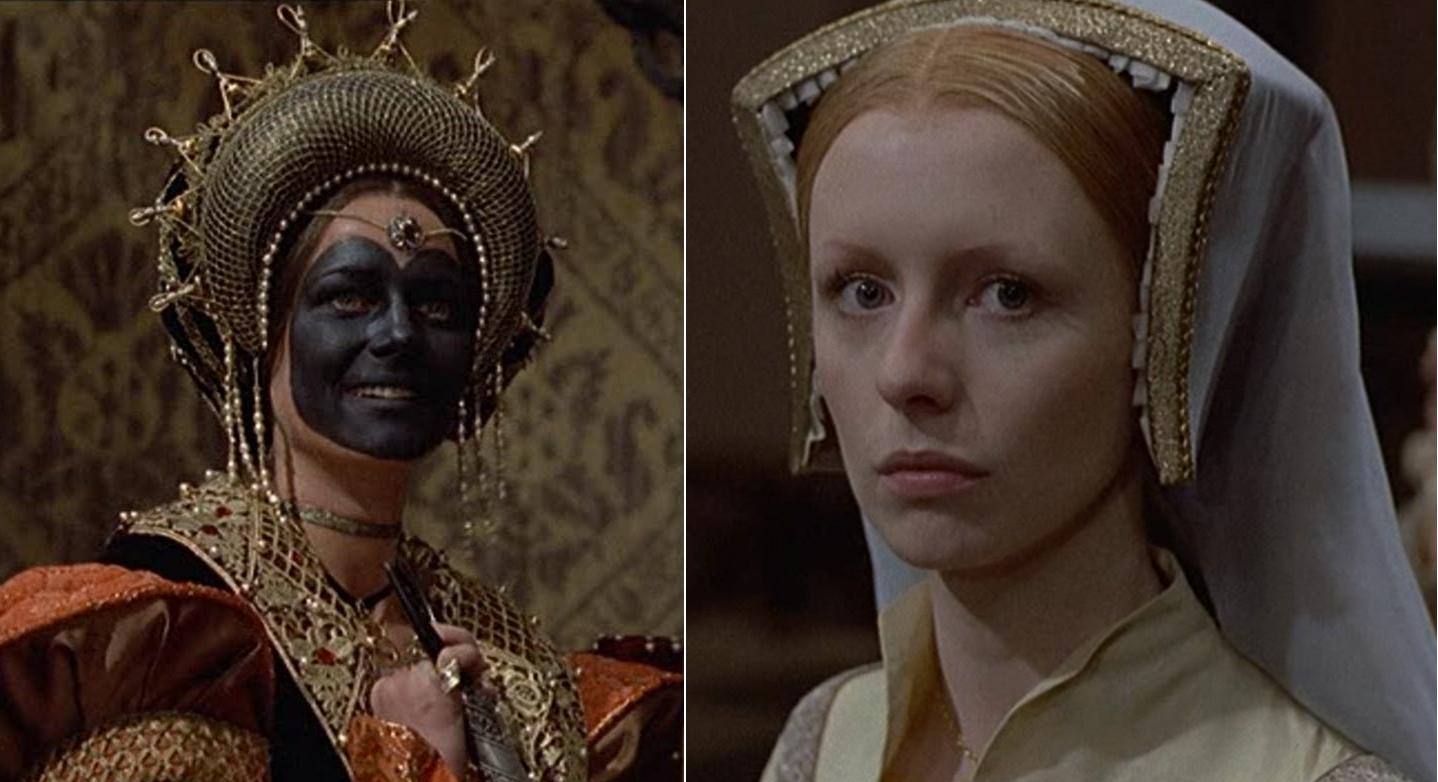
This film is not subtle.
There is also a hint, and it is just a hint, that Jane might be being coached into the king’s bed here. As the king comes upon her we see a man whispering to her, but he disappears when Henry approaches. A lot of the on screen interpretations shy away from this aspect of history; Jane is the innocent, virginal bride to contrast with the scandalised downfall of her predecessor. Even Henry VIII which gives one of the most sympathetic portrayals of Anne Boleyn, shows Jane is a more positive light. It is only more recently in The Tudors that Jane is given ambition, being advised that if she acts appropriately then she will be queen, something which initially shocks her, though evidently, not enough for her to not comply.
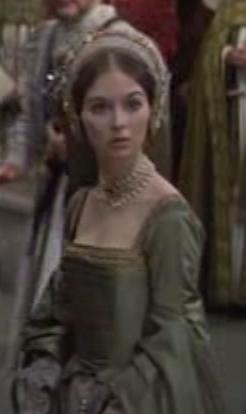
This is the closest film gets to showing the faction that gathered around Jane. Otherwise she is just there, a convenient fall back option after Anne’s miscarriage. The Jane in Anne of the Thousand Days (1969) has just the one line, appearing in a single scene where she simpers at Henry until he approaches her. Likewise in the more modern The Other Boleyn Girl (2003) Jane appears once, sitting on Henry’s lap and flirting with him, while maintaining an air of innocence. Though with The Tudors, Jane has at least started appearing in light of her ambition, which we know must have existed (one does not make such a show of simply declining a gift of money). Perhaps we are moving towards a portrayal of Jane that fits Starkey’s description of her as having a hand in Anne’s murder, as an accomplice as well as replacement, rather than a passive observer who simply accepted the crown when it was offered to her.
If you missed it you can watch the documentary here
Follow us on Twitter @HistoryRemaking

